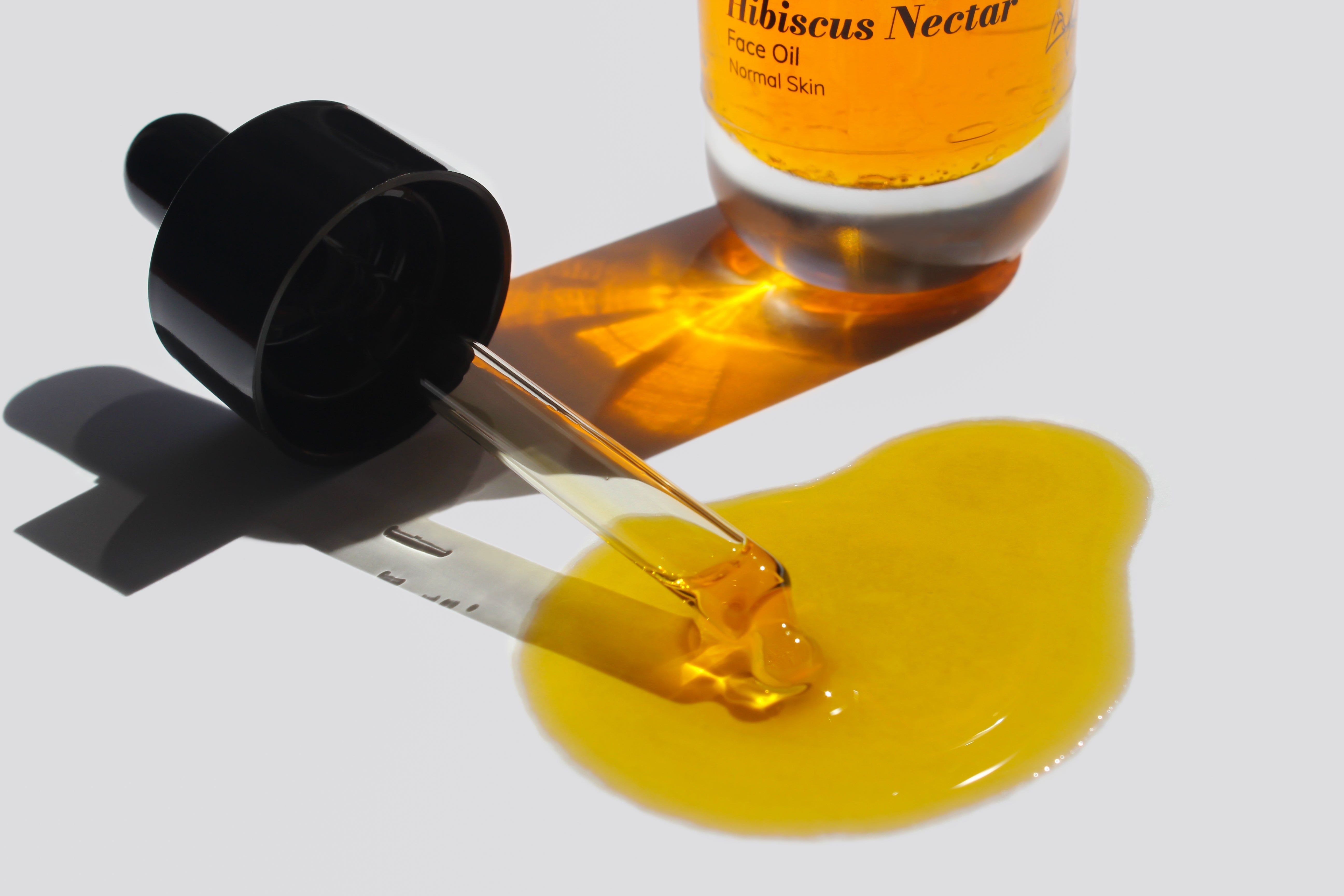As the winter chill sets in, our skin demands extra care and attention. One of the most effective and luxurious ways to pamper your skin during these colder months is by incorporating face oils into your skincare routine. Let's dive into everything you need to know about face oils, their benefits, the different types to consider, and how to seamlessly integrate them into your daily regimen.
What Are Face Oils?
Face oils are concentrated plant-based elixirs designed to hydrate and nourish your skin. Packed with fatty acids, vitamins, and antioxidants, they help lock in moisture and protect the skin from environmental damage. Beneficial for all skin types, they are especially helpful for those with dry or sensitive skin during winter.
Benefits of Face Oils
- Hydration: Essential for combating winter dryness, face oils contain natural emollients that lock in moisture.
- Nourishment: Rich in vitamins and antioxidants, they protect against environmental factors like pollution and UV rays.
- Anti-Aging: Ingredients like vitamin C, retinol, and peptides help reduce the appearance of fine lines and wrinkles.
- Skin Barrier Protection: Lipids in face oils strengthen the skin barrier, preventing moisture loss.
- Soothing and Calming: Excellent for sensitive or irritated skin, they provide a soothing effect.
- Acne Prevention: Some oils balance natural oils and reduce inflammation, helping to prevent acne.
Types of Face Oils and Their Uses
- Jojoba Oil: Ideal for dry or mature skin, it locks in moisture without clogging pores.
- Argan Oil: Rich in vitamin E and fatty acids, it reduces inflammation and can help clear acne.
- Coconut Oil: Known for its antibacterial properties, it keeps skin clear and blemish-free.
- Sweet Almond Oil: Rich in zinc, proteins, potassium, and vitamin E, almond oil is lighter and often preferred for facial use.
- Sunflower Seed Oil: High in vitamin E, it absorbs easily into the skin, making it an excellent natural and gentle moisturizer.
Choosing the Right Oil
Your skin type dictates the best oil for you:
- Dry and Dehydrated Skin: Choose oils rich in antioxidants and ceramides. Pomegranate, marula, moringa, jojoba, and argan oils are excellent choices.
- Oily, Acne-Prone Skin: Look for oils that help clarify the skin and are noncomedogenic. Hemp, rosehip, pumpkin seed, black cumin, and grapeseed oils are beneficial.
- Aging Skin: Look for oils that are rich in antioxidants and have skin-repairing ingredients. Acai oil, loaded with antioxidants and vitamins, is a great option.
- Sensitive Skin: Go for noncomedogenic or high-quality, single-ingredient oils like squalane.
- Combination Skin: Opt for oils that balance and hydrate without leaving a greasy residue. Jojoba, sunflower seed, sea buckthorn and carrot seed are perfect for providing this balance.
How to Incorporate Face Oils into Your Routine
- Application: Apply a few drops to clean, damp skin, gently patting the product into your face. This can be done morning and night after your moisturizer.
- Layering: Use face oils after serums and moisturizers. They nourish and form a protective barrier without moisturizing themselves.
- Combining with Tools: Oils can be used with massage tools like gua sha for added benefits.
Common Misconceptions
- Oily Skin: Face oils won't make your skin oily. They regulate natural oil production.
- Skin Type Specific: They are beneficial for all skin types, including acne-prone skin.
- Seasonal Use: While particularly useful in winter, face oils are beneficial all year round.
Some of our favorite oils
- Le Prunier Plum Oil
- Retrouve Balancing Face Oil
- True Botanicals Pure Radiance Oil
- Ranavat Brightening Saffron Serum
- Orijin Hibiscus Nectar
Embrace the luxury and benefits of face oils this winter. Whether you're looking to hydrate, nourish, or soothe your skin, there's an oil out there for you. Remember, the key to radiant winter skin lies not just in what you apply but how you apply it. So go ahead, give your skin the love and care it deserves with the perfect face oil.
Read more

Soft songs to connect with your feminine side.

This Black History Month calls us to uplift marginalized melodies — to amplify hushed voices and sway to more diverse beats. One tradition deserving more songs is the profound spirituality of Haiti...


Leave a comment
All comments are moderated before being published.
This site is protected by hCaptcha and the hCaptcha Privacy Policy and Terms of Service apply.